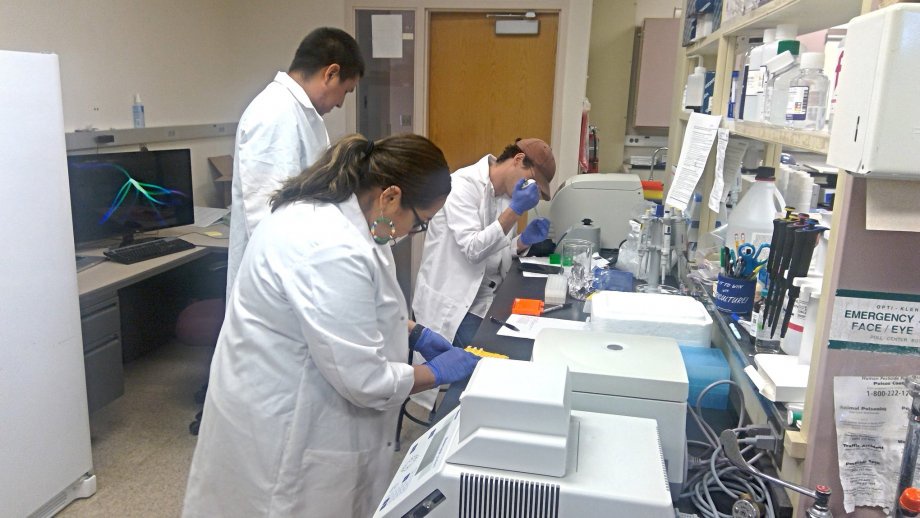Laboratory equipment refers to the various tools, instruments, and apparatus used in scientific research, experimentation, analysis, and testing within a laboratory setting. These tools are essential for scientists, researchers, and technicians to carry out a wide range of experiments and investigations in fields such as chemistry, biology, physics, and more. Here are some defining characteristics and categories of laboratory equipment:
1.Specialized Functionality: Laboratory equipment is designed to perform specific functions related to scientific research and experimentation. Each piece of equipment is typically optimized for a particular task or analysis.
2.Precision and Accuracy: Most laboratory instruments are designed to provide precise and accurate measurements, which are crucial for obtaining reliable and reproducible results.
3.Durability and Quality: Laboratory equipment is constructed to withstand rigorous usage, maintain stability, and resist chemical reactions or contamination. High-quality materials are often used to ensure longevity.
4.Safety Features: Many laboratory tools incorporate safety features to protect users from hazardous substances, such as chemical fumes, biological agents, or high temperatures. Safety is a paramount concern in laboratory settings.
5.Standardization: Some laboratory equipment is standardized to ensure consistency and comparability of results across different laboratories and experiments. For example, laboratory glassware like beakers and pipettes often adhere to standard measurements.
6.Versatility: While some equipment is highly specialized, others are designed to be versatile and adaptable for various experiments. Examples include centrifuges, microscopes, and pH meters.
7.Categorization: Laboratory equipment can be categorized into various groups based on their function. Common categories include:
Glassware: Such as beakers, test tubes, flasks, and pipettes for containing and measuring liquids.
Analytical Instruments: Including spectrophotometers, chromatographs, and mass spectrometers for quantitative analysis.
Biological Equipment: Such as microscopes, incubators, and autoclaves for studying biological samples.
Chemical Apparatus: Like distillation setups, reaction vessels, and titration equipment for chemical reactions.
Safety Equipment: Including fume hoods, safety goggles, and lab coats for personal and environmental protection.
8.Calibration: Many laboratory instruments require periodic calibration to ensure accuracy. Calibration involves adjusting the equipment to a known standard to correct any deviations in measurements.
9.Maintenance: Regular maintenance is crucial to keep laboratory equipment in good working condition. This includes cleaning, inspection, and repair as needed.
10.Documentation: Proper documentation of equipment usage, maintenance, and calibration is essential for quality control, traceability, and compliance with regulatory standards.
Overall, laboratory equipment in UAE plays a vital role in scientific research and experimentation, providing scientists with the tools they need to conduct experiments, make observations, and analyze data accurately and safely.
Reference Link(OriginallyPosted: https://ziebaquae.blogspot.com/2023/09/what-defines-laboratory-equipment.html


No comments yet